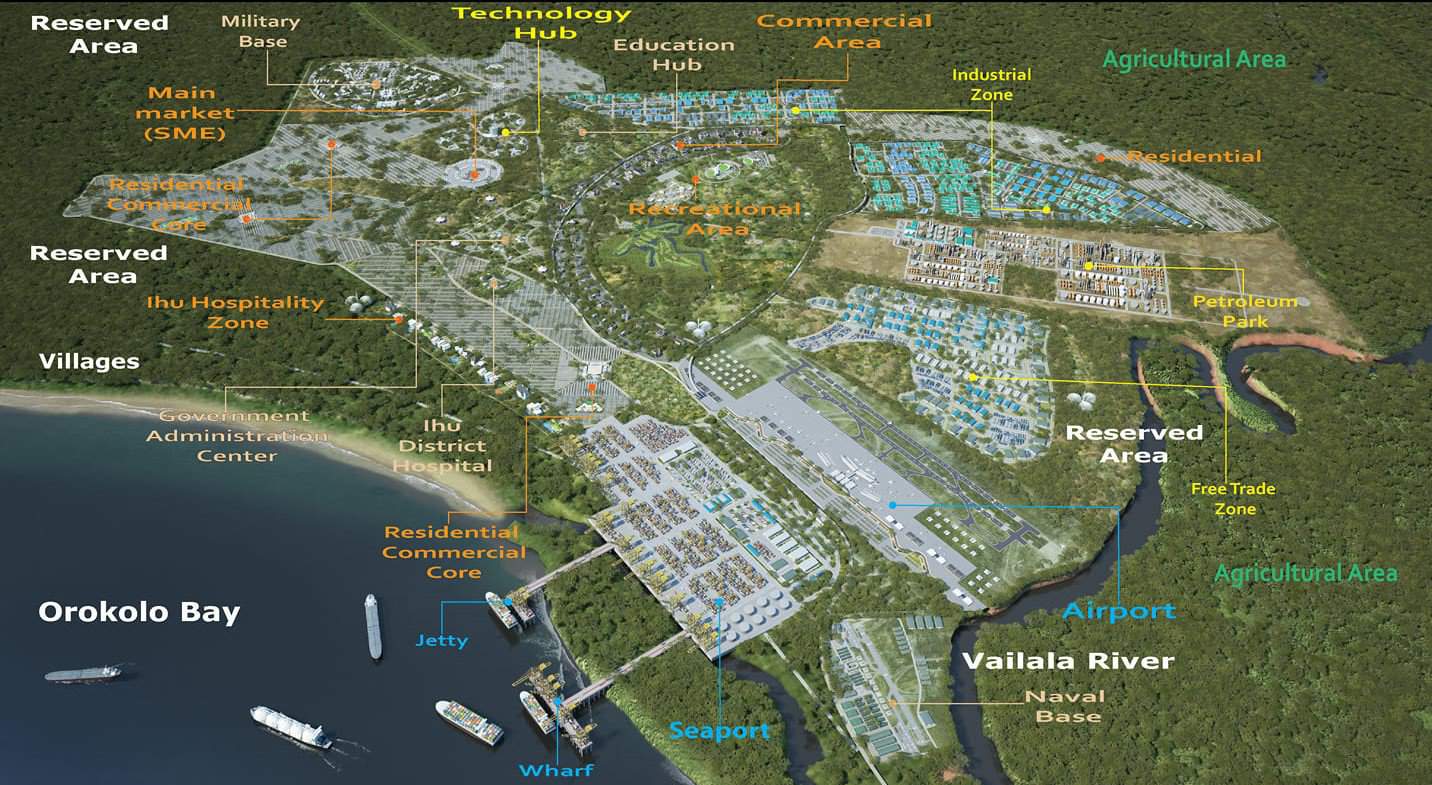No one knew what Special Economic Zone (SEZ) were and accordingly, what must be done to enable them to succeed, writes the Post Courier.
The Japanese Development Institute (JDI), a think tank with more than 40 years of experience in the development of Special Economic Zones (SEZ) around the world, has shared their evaluation on what went wrong and what must be done, creating a pathway for SEZ Development in Papua New Guinea.
JDI Chairman and Chief Executive Office, Dr Shoichi Kobayashi said PNG’s attempt to developed SEZs failed due to a lack of a proper regulatory framework, including an SEZ policy to guide its development.
“[There was] No technical capacity to implement SEZ programs with qualified management and staffs to operate,” Dr Kobayashi notes, and “No SEZ Master Plan and no road map to follow;”
PNG’s experience in SEZs include; the ‘industrial centers’ concept – Malahang in Lae, Morobe province and Ulaveo in Kokopo, East New Britain province; Free Trade Zone Act 2000 for West Sepik, Western, Gulf, Bougainville; Pacific Maritime Industrial Zone (PMIZ) and Konebada Petroleum Park.
The JDI last year visited more than 15 of the proposed Special Economic Zones in the country assessing and evaluated their potential.
They will be presenting to the government the country’s first draft master plan, which will be used as a roadmap for PNG going into the SEZ concept of economic development.
Dr Kobayashi also highlighted the strengths and weakness and where PNG as a country can improve.
Based on the JDI assessments, PNG’s potential Industries for SEZ include; palm oil, cassava, sugar, rice, woodchips/ paper and pulp, processing of lumber, integrated livestock with feeds, fishery processing manufacturing and LNG processing.
Prime Minister James Marape, when officiating at the opening of the summit on Sunday, said the effective anchor of a sustainable economy is a diversified economy with all parts of our country and citizens participating.
He told a house full of international speakers, government department representatives and agencies, private sector and representatives from all provinces, that bilateral relations between PNG and some of the largest economies in the world have ensured a readily-available market for the country’s produce.
“Yet, we have not been working to our fullest potential,” he said.
“It is really ourselves in getting our act together. SEZs will be, and must be, the focal point in our drive,” said Marape.
Meanwhile, Public Private Partnerships (PPP) is a key model that can be used to finance the development of the Special Economic Zones in the country.
Speaking during the SEZ summit, a spokesperson from the PricewaterhouseCoopers India, Dr Mohammad Athar, said the opportunity for SEZs in Papua New Guinea to emerge as a global competitive economic zone with world class infrastructure will eventuate by leveraging private sector efficiency to develop, maintain and operate the economic zones.
